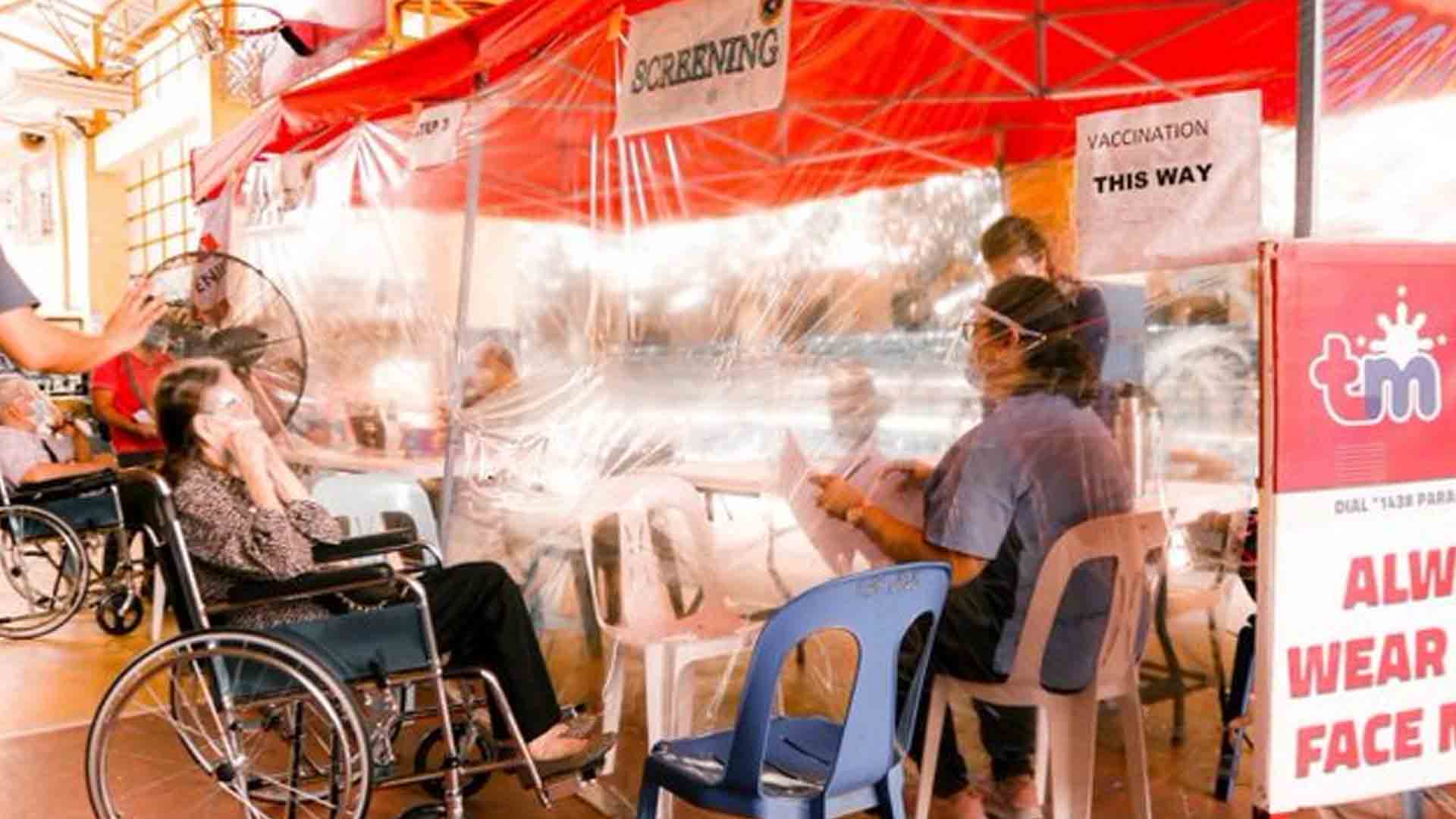The decreasing cases of coronavirus disease 2019 (Covid-19) infections in Quezon City is a sign of healing, the University of the Philippines (UP) OCTA Research team said.
In a press briefing on Thursday, OCTA fellow Professor Ranjit Rye said the data analytics they gathered showed that the city is beginning to recover.
“We believe that if the situation in QC is managed, then the situation in the whole National Capital Region (NCR) is managed so napaka-crucial ng QC (QC is very crucial). We hope that the situation in QC continues to improve,” he said.
As of April 14, Mayor Joy Belmonte reported that the city has a high recovery rate of 84 percent or 53,236 of 63,364 confirmed cases.
The death rate is at 1.5 percent or 947.
There are still 9,181active cases, or 14.5 percent of the total.
Rye said even if active cases are still high, it is relatively low when it is seen from the attack rate (AR) perspective, mainly because the population is huge as compared to other cities in NCR.
As of 2015, QC has 2.9 million residents, higher than capital city Manila’s 1.78 million.
Rye added that if everyone in the private sector and the city government work collectively, the improvement will eventually become a trend by next week.
He said hospitals will eventually be decongested.
Genuine numbers
Belmonte, who recently recovered from her second bout with the virus, expressed hope that the data genuinely reflects the situation.
“Hopefully it is not a fluke, itong mga numbers na ito, because in the past days mas matataas ang bilang ng number of cases sa (these numbers, because in the past days, the cases are really high in) QC. I pray that this is not an aberration and I pray that this is a sign of the city’s healing, but of course we need time to further assess whether these number are significant or not,” she said.
Rye and fellow OCTA member Professor Guido David, however, agreed that the country is still vulnerable to reversals as far as the surge is concerned.
“Because vaccinations are taking time for many reasons, supply, the deployment, also is quite a challenge. We will always be in places like the NCR where there is high density and will always be vulnerable to surges until we achieve herd immunity. We’ll always have these kinds of surges that’s why we have to prepare for them,” David said.
The OCTA Team said the recent surge experienced in the NCR Plus bubble is completely different from last year’s.
Still vulnerable
“It is a terrible surge and we’re still in the midst of it. We’re not yet out of the woods. The good things that are happening in QC could be reversed if people become overconfident and become complacent,” Rye said.
He added that at the moment, hospitals are still full and health workers are still overwhelmed by the number of cases.
Rye said AR is slowly going down but it is not yet below 1 percent, which is the ideal rate since the number of average cases is still between 4,000 to 5,000.
“But can it be prevented? Yes. Can it be mitigated? Yes. it can be with good bio-surveillance. With good data analytics, I think the cities can prepare and that’s one big lesson we learned in this surge that preparing for the next surge is a priority,” he said.
David said the threat of a surge will always be present since high transmission rate is driven by the UK and the South African variants, both more infectious.
A new variant from France, said to be undetectable even via reverse transcription-polymerase chain reaction (RT-PCR) test, is still being studied, Rye said.
To prevent the new variant from entering the country, the OCTA research team is recommending to the national government stricter quarantine periods, especially for international travelers, returning overseas Filipinos, and tourists.
He said the mandatory 14-day quarantine period should be imposed on those entering the country regardless, of negative RT PCR test results. (PNA)









